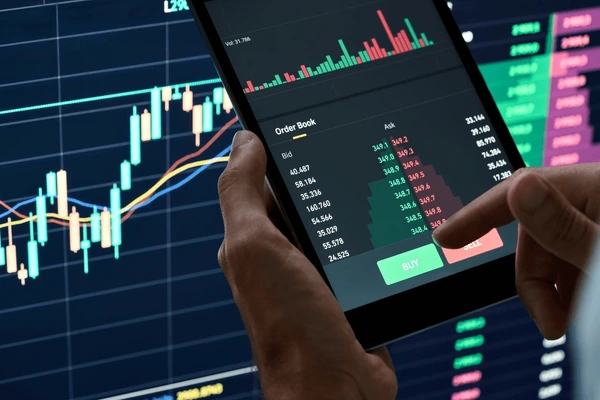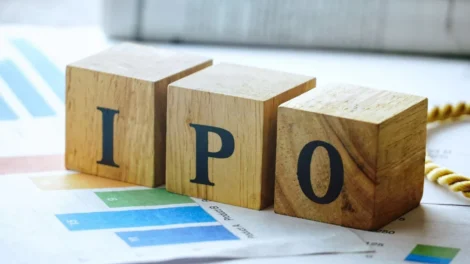The forex market attracts many traders worldwide due to its high profit potential. However, not all brokers operate with integrity. Some take advantage of unsuspecting traders, leading to significant financial losses. Identifying scams in the forex industry can save traders from falling into these traps. This article discusses the most common red flags to look out for when selecting a broker and offers practical tips to stay safe in the trading world.
Researching Before Choosing a Forex Broker
When choosing a Forex broker, research is the first and most crucial step. A legitimate broker should be registered and regulated by a recognized financial authority. These regulatory bodies, such as the Financial Conduct Authority (FCA) or the Commodity Futures Trading Commission (CFTC), enforce rules that protect traders’ interests.
Additionally, online reviews and trader forums provide valuable insights into a broker’s reputation. Real-life experiences shared by other traders can reveal hidden problems that may not be obvious at first glance. While no broker is perfect, consistent negative feedback, unresolved complaints, or accusations of unethical practices should be considered major red flags.
Understanding the Importance of a Transparent Fee Structure
A fair and transparent fee structure is a sign of a trustworthy forex broker. Scammers often lure traders with promises of “zero fees” or unrealistic spreads that are too good to be true. While low fees are appealing, they can sometimes mask hidden costs or unfavorable trading conditions.
Unregulated brokers may also manipulate spreads to generate profits at the trader’s expense. Sudden and unexplained spikes in spreads, especially during normal market conditions, are a sign of a broker engaging in unethical practices. To avoid this, traders should test the broker’s platform with a small deposit first and monitor how spreads change under different market conditions.
Recognizing Signs of Poor Customer Support
Customer support is a vital aspect of a broker’s reliability. A genuine forex broker provides responsive, knowledgeable, and accessible customer service to assist traders with issues. Scammers, on the other hand, often lack a reliable support system or may provide unprofessional responses to queries.
One way to test a broker’s customer service quality is by reaching out with specific questions about their platform or fees. Prompt and clear responses indicate that the broker values its customers and operates transparently.
Checking for Unrealistic Promotions or Bonuses
Many scam brokers use unrealistic promotions or bonuses to lure traders. While some bonuses are legitimate, overly generous offers often come with hidden terms that make them nearly impossible to benefit from. Traders should carefully read the terms and conditions associated with any promotion.
If a bonus offer requires traders to trade an unreasonable volume before they can withdraw profits, it is likely a scam. These terms are designed to prevent traders from ever withdrawing their money. It is safer to avoid brokers who use such tactics to attract clients. A good rule of thumb is to remember that if it sounds too good to be true, it probably is.
Avoiding Unregulated Brokers
Unregulated brokers pose the highest risk for traders. Without proper regulation, there is no guarantee that the broker will follow ethical trading practices. Regulation acts as a safeguard, ensuring brokers maintain fair trading environments and adhere to financial laws. Therefore, choosing a regulated broker should always be a priority.
It is also important to be cautious of brokers who falsely claim to be regulated. They may provide fake license numbers or certificates on their websites. If there is no record of the broker, this is a major red flag and a strong indicator to avoid them.
Understanding how to identify unregulated brokers, recognizing unrealistic promotions, and ensuring transparent fee structures are key steps to safeguarding investments. By staying informed and cautious, traders can make well-informed decisions and protect themselves from potential scams in the forex market.




